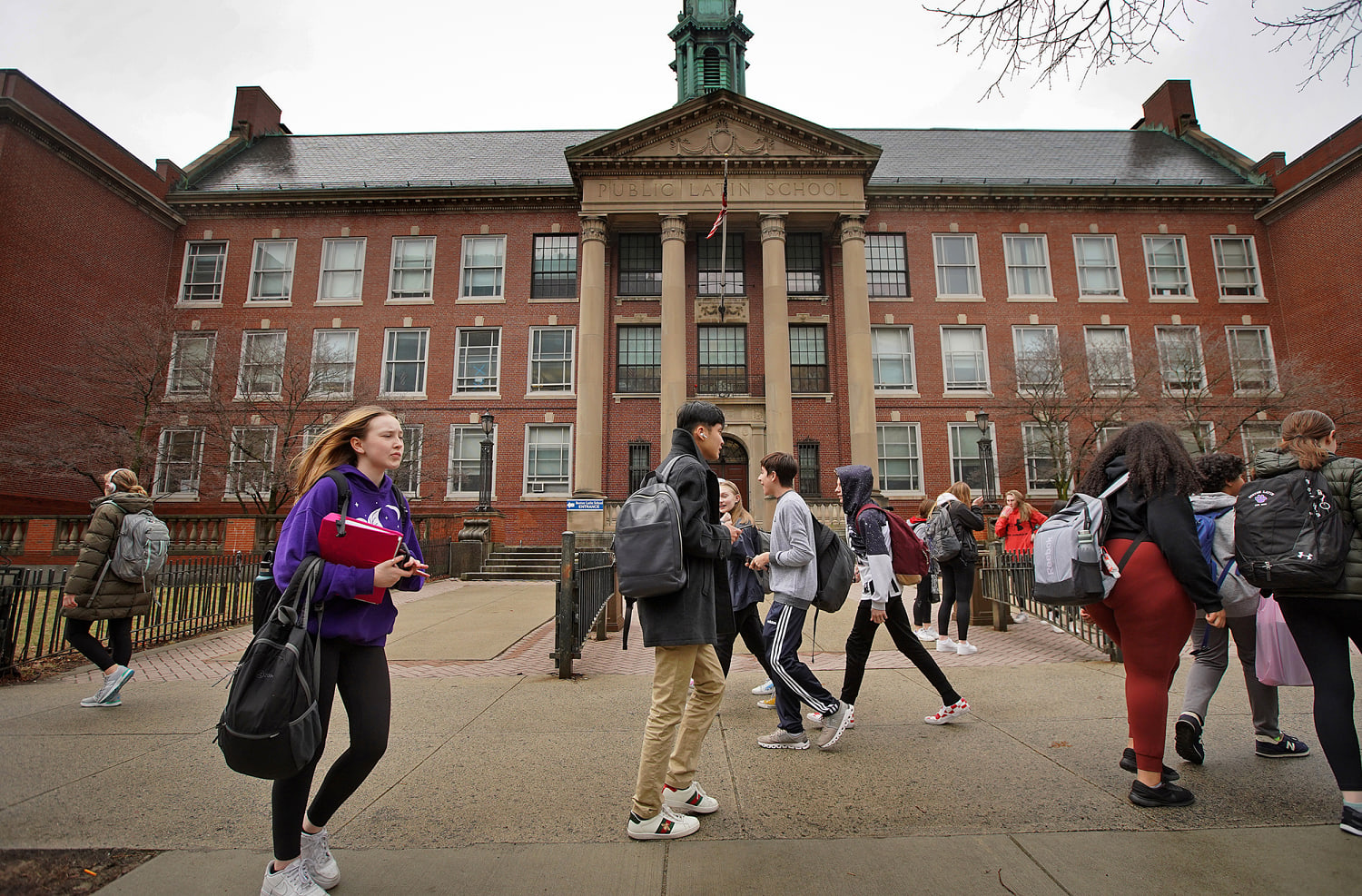Washington The Supreme Court on Monday avoided a new debate over race in education by refusing to examine whether a Boston public high school admissions program illegally took race into account, despite the protests of conservative justices.
While Justice Neil Gorsuch stated that he shared their concerns regarding the program, Justices Samuel Alito and Clarence Thomas both stated that they would have taken up the case.
“Overwhelming direct evidence of intentional discrimination” supported the Supreme Court’s action, according to Alito’s writing.
Since ending the consideration of race in college admissions last year, the court has now declined to reconsider a policy intended to increase diversity in public high schools twice.
That decision raised questions about whether the court, which has a conservative majority of 6-3, had the necessary votes to overturn admissions practices that do not specifically take race into account but yet result in a more diverse class.
“We have now twice refused to correct a glaring constitutional error that threatens to perpetuate race-based affirmative action,” Alito stated.
The Boston Latin School, Boston Latin Academy, and John D. O. Bryant School were the three selective high schools in Boston that were subject to the regulation, which was put into effect by the Boston School Committee in 2021. It took the place of prior emphasis on grades and scores on standardized tests. Grades were taken into account under the new arrangement, and the top students would receive 20% of the seats.
Students with the highest marks were given preference for filling the remaining seats, which were determined by the students’ geographic areas within Boston.
The Boston Parent Coalition for Academic Excellence, a group that represents white and Asian parents, challenged the plan, which was only in place for a year, claiming that it violated the equal protection clause of the 14th Amendment by engaging in racial discrimination.
A federal judge decided that the policy was legal due to its racially neutral wording. The 1st U.S. Circuit Court of Appeals, located in Boston, concurred.
In February, the Supreme Court rejected a similar appeal to a high school admissions program in Virginia that likewise sought to increase diversity.
Gorsuch said in a statement that one reason not to hear the case was because the Boston schools’ policy was no longer in place.
Court declines challenge to school gender identity policy
A case from Wisconsin about whether parents can sue schools for rules meant to safeguard students who are struggling with their gender identities was also dismissed by the court on Monday.
In 2021, the Eau Claire Area School District released guidelines to accommodate children who identify as gender nonconforming, transgender, or nonbinary. According to the rules, parents of an impacted student may not always be involved in the process if there is a chance that they won’t be accepted at home.
Parents Protecting Our Children, a parent advocacy group, challenged the policy. It claimed that it infringes on parental rights under the free exercise and due process clauses of the First and 14th Amendments.
Because the group was unable to prove that any of its members had suffered harm, lower courts decided that it lacked the legal standing to prosecute its claims.
Once more, Alito, Thomas, and fellow conservative Justice Brett Kavanaugh all stated that they would have taken up the issue.
“This case presents a question of great and growing national importance,” Alito stated.
Note: Every piece of content is rigorously reviewed by our team of experienced writers and editors to ensure its accuracy. Our writers use credible sources and adhere to strict fact-checking protocols to verify all claims and data before publication. If an error is identified, we promptly correct it and strive for transparency in all updates, feel free to reach out to us via email. We appreciate your trust and support!






